Endometriosis
Endometriosis is a common female health condition in which tissue similar to tissue that lines the uterus (endometrium) is found outside the uterus.
Endometriosis can sometimes reduce your chance of falling pregnant. Thankfully, there are natural and medical steps you can take to improve your chances.
What is endometriosis?
Endometriosis is a common and often painful condition affecting about 10% of women in their reproductive years. It occus when tissue similar to the tissue that lines the uterus (endometrium) is found outside the uterus. This is commonly found on the ovaries, fallopian tubes, and the tissue lining the pelvis.
Unfortunately, the cause of endometriosis is not clear. Regardless of age, background or lifestyle, the condition can affect any woman and girl, transgender, non-binary or gender-diverse individual assigned female at birth.
What are the symptoms of endometriosis?
The symptoms can vary. While some women have no symptoms, others may experience severe pain. The most common symptom is pelvic pain that feels like severe period pain. You may have all or just a few of these symptoms.
Common symptoms include:
- Period pain - immediately before and during a period.
- Pain during or after sexual intercourse.
- Abdominal, back and/or pelvic pain outside of menstruation.
- Painful bowel movements or urination.
- Abdominal pain at the time of ovulation.
- Premenstrual spotting
- Heavy bleeding, with or without clots
- Irregular bleeding, with or without a regular cycle
- Extreme tiredness
- Difficulty falling pregnant
How is endometriosis diagnosed?
If you have endometriosis, an ultrasound may be able to show it but not always.
The only way to definitively diagnose endometriosis is through laparoscopy. Laparoscopy is a surgical procedure that involves inserting a long, thin telecope (laparoscope) into the abdomen through an incision near the navel. Gas is then pumped into the abdomen to seperate the organs for better visualisation. The surgeon will look for signs of endometriosis and may take tissue samples for testing. Endometrial implants may also be removed at the time.
What is the medical treatment for endometriosis?
Endometriosis can be treated in several ways depending on the severity of the condition. The best option depends upon whether the primary goal is to become pregnant or to treat pain.
Medical treatment options include:
Drug treatment with hormone therapies
Hormone therapies may be used as a treatment in mild endometriosis or as an added, or combined therapy before or after surgery in moderate to severe forms. The aim of this is to suppress the growth of endometrial cells, which can lead to a reduction in pain symptoms.Surgical treatment
Procedures such as a laparoscopy or laparotomy can surgically remove endometrial implants or adhesions (scarring) that can result from endometriosis. This may improve your fertility.How does endometriosis affect fertility?
Contrary to what we would expect, some women with the most severe endometriosis have been found to conceive naturally and have a good pregnancy, while some with milder cases of the condition struggle to conceive. So while there is often a link established between endometriosis and fertility, it is not always the case.
However, when fertility issues are evident, and a woman has been diagnosed with endometriosis, undergoing surgical treatment can often improve the chances of natural fertility.
Useful links
About us
Your fertility issues are individual, so your treatment should be individual too. At our clinics in Perth - located in Claremont and Applecross - you can learn about the best treatment options for you and your partner.
Fertility drugs
You will take medication during your treatment. Our Perth fertility specialists will advise you which medications will induce ovulation, and can be used in an OI cycle or as part of IVF or IUI treatment.















